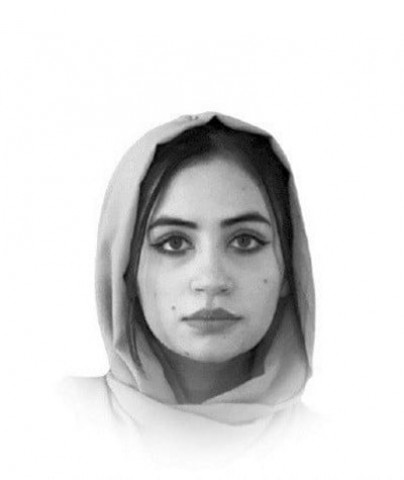Need to prioritise Blue Economy
Blue Economy refers to the economics of using, protecting and redeveloping the marine environment

Blue Economy refers to the economics of using, protecting and redeveloping the marine environment. The phrase sustainable development strategy for coastal resources is frequently used in relation to international development. This may cover a variety of economic fields — from more traditional ones like fisheries, aquaculture, coastal, marine, maritime transportation and maritime tourism or other traditional uses to more contemporary ones like bio-prospecting, coastal renewable energy, seabed mining, and ecosystem services offered by the ocean. The main aim of this article is to analyse the potential of Blue Economy for socioeconomic development of the country.
Aquaculture and fisheries contributed 17% of all animal-source protein for human consumption, according to the Food and Agriculture Organization (FAO) 2020. However, a large portion of it continues to be unsustainable in terms of pollution and effects on species variety, making this a vital Blue Economy opportunity to implement more sustainable techniques, including integrated multi-trophic aquaculture. On the flip side of the Blue Economy, there may be potential for improved or brand-new sustainable economic activity drawn from the water. Blue Economy includes tidal and offshore wind energy development as well as future prospects for ocean-related energy; additionally, there are opportunities to monetise the value of extremely efficient coastal carbon sources like mangroves and seagrasses into carbon financing markets, or blue carbon.
The major part of Pakistan’s current Blue Economy is marine transport. The Port Qasim Authority and the Karachi Port Trust, both run by the government, currently bring in more than Rs20 billion per year for Pakistan. This can be substantially increased if we can link our ports with the landlocked Central Asian States. Gwadar also has the potential to function as a hub for transshipment, ship maintenance and ship building due to its proximity to the Straits of Malacca and the Suez Canal — two very busy marine channels. In addition, it is located right next to one of the busiest shipping lanes in the world. The construction of a breakwater is also necessary for development of the eastern berths of Gwadar Port in order to ensure calm berthing conditions.
Balochistan is blessed with a deep-pocketed coastline. Despite this, Pakistan has a 240,000 sq-km Exclusive Economic Zone (EEZ) which was increased by UNCLOS by a further 50,000 sq-km in 2015. This area offers enormous potential for fishing and aquaculture. Despite this, blue carbon has the potential to help Pakistan adapt to climate change and global warming. Due to its significant strategic importance, Balochistan can serve as a gateway for marine cargo. The foundation of the Blue Economy is fisheries and aquaculture, which not only sustain the lives of those who live along the shore, but also foster economic growth. Pakistan is home to a large number of fish species; 529 species have been identified, of which 230 are freshwater fish and the remaining 296 are marine fish. Unfortunately, no government has made any serious efforts for tapping
the enormous potential that the Blue Economy offers. It is now up to the current administration to ensure optimal use of this project and the growth of our Blue Economy, under CPEC; expansion of the Gwadar port would ensure strengthening of the maritime industry.
Eliminating poverty and providing for a person’s fundamental needs are strongly tied to energy use, which is now quite low worldwide and much lower in developing nations due to higher pricing and low availability conditional with valued of the dollar and geopolitical issues globally. Pakistan has enormous marine potential that has not yet been fully realised. The country should transition from a traditional old economy to a new Blue Economy in order to accommodate both our population expansion and global trends. CPEC offers a fantastic chance to develop our maritime industry and fully utilise the Blue Economy.
The writer works as an Assistant Research fellow at Balochistan Think Tank Network Quetta















COMMENTS (7)
Comments are moderated and generally will be posted if they are on-topic and not abusive.
For more information, please see our Comments FAQ